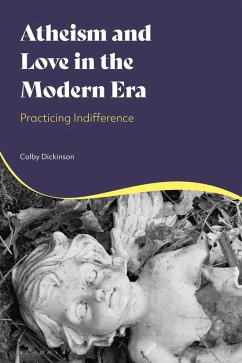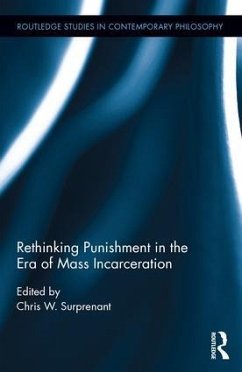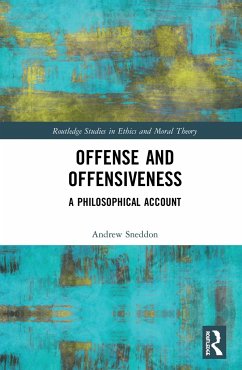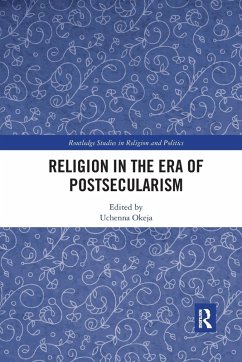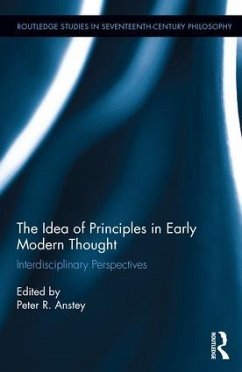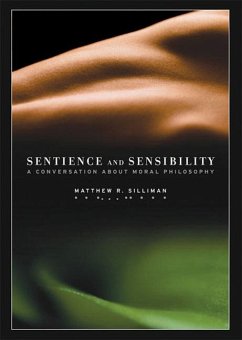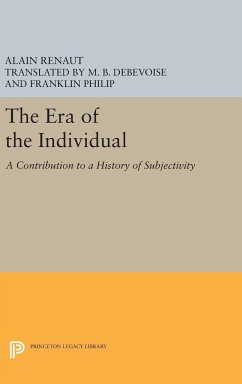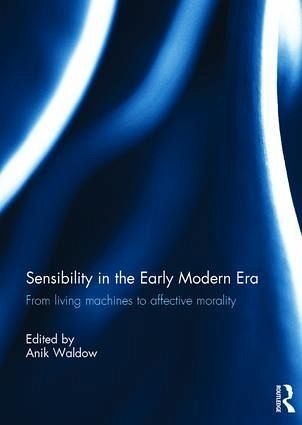
Sensibility in the Early Modern Era
From living machines to affective morality
Herausgeber: Waldow, Anik
Versandkostenfrei!
Versandfertig in 1-2 Wochen
107,99 €
inkl. MwSt.

PAYBACK Punkte
54 °P sammeln!
This collection explores the connections between the concept of sensibility and the early modern attempt to think of the human being as a special kind of sensitive machine and affectively responsive animal. Humans, as they are understood in this context, relate to themselves by sensing themselves and perpetually refining their intellectual and moral capacities in response to the way the world affects them. Responding to the world here refers to the way in which both natural and man-made influences impact on our ability to conceptualise the animate and inanimate world, and our place within that...
This collection explores the connections between the concept of sensibility and the early modern attempt to think of the human being as a special kind of sensitive machine and affectively responsive animal. Humans, as they are understood in this context, relate to themselves by sensing themselves and perpetually refining their intellectual and moral capacities in response to the way the world affects them. Responding to the world here refers to the way in which both natural and man-made influences impact on our ability to conceptualise the animate and inanimate world, and our place within that world. This book was originally published as a special issue of the Intellectual History Review.





